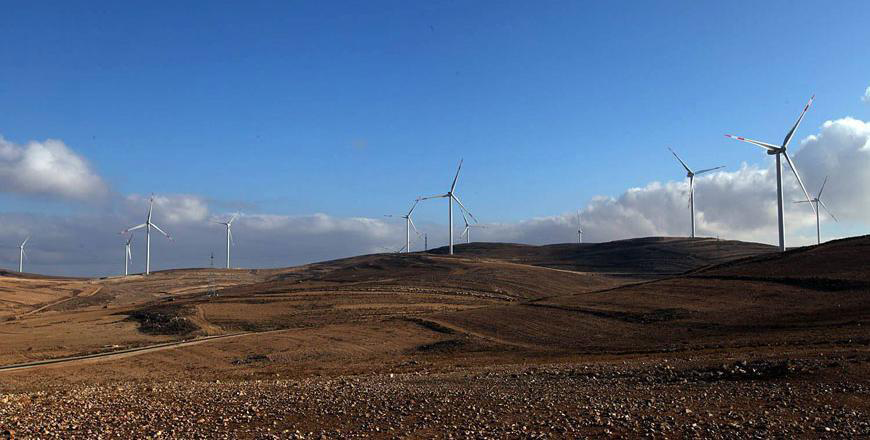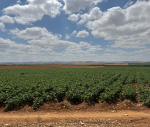You are here
Jordan’s energy sector powers forward towards sustainability, independence
By JT - May 24,2025 - Last updated at May 24,2025

The Ministry of Energy and Mineral Resources on Saturday says that total investments in the energy sector between 1999 and 2023 amounted to around $10 billion, including $2.15 billion in renewable energy (File photo)
AMMAN — Jordan’s energy sector has made “remarkable” progress over the past two decades, thanks to strategic investments and policy reforms aimed at achieving energy independence and sustainability.
Since His Majesty King Abdullah assumed his constitutional powers, the sector has received particular attention in order to enhance national energy security and reduce reliance on foreign sources, the Jordan News Agency, Petra, reported.
According to the Ministry of Energy and Mineral Resources, total investments in the energy sector between 1999 and 2023 amounted to around $10 billion, including $2.15 billion in renewable energy.
By the end of 2024, renewables accounted for 26.9 per cent of the electricity mix, up from just 0.5 per cent in 2014. The installed capacity of renewable energy projects connected to the grid reached 2,840 megawatts, including 2,194MW from solar power and 622MW from wind power.
Jordan’s electric grid has been interconnected with Egypt since 1999 and with Palestine since 2008. In 2023, a new link was completed between Jordan’s Risha station and Iraq’s Rutba station, marking a “significant” development in regional electricity exchange.
The Arab Gas Pipeline has facilitated gas imports from Egypt since 2004 and enabled exports to Syria and Lebanon since 2008.
Efforts to diversify energy sources have “significantly” expanded the Kingdom’s natural gas supply, the ministry said, noting that while Jordan relied solely on Egyptian gas in 2004, it now sources natural gas from four sources: Risheh gas field, Egyptian gas, LNG imports via Aqaba, and “northern gas”.
The petroleum market was liberalised in 2013, ending the Jordan Petroleum Refinery Company's monopoly. Since then, three companies have been granted licences to sell fuel products.
To increase fuel storage capacity, the Jordan Oil Terminals Company (JOTC) was set up in 2015, resulting in “significant” growth in gasoline, diesel and LPG reserves.
As of 2024, the Kingdom's fuel reserves cover 60 days for gasoline and diesel and 38 days for LPG.
Highlighting increased domestic production, the ministry said that output from the Risheh gas field increased from 27 million cubic feet per day in 2000 to 32 million in 2022.
Also, oil production at the Hamzeh field increased from 8 to 70 barrels per day between 2000 and the end of 2024. In 2022, the Kingdom launched its first direct oil shale-burning power plant, which contributed 15 per cent to electricity generation by 2024.
According to the ministry, green hydrogen is emerging as a “strategic” priority. In collaboration with international partners, the ministry has developed a national strategy and legal framework to attract investment. Thirteen companies have signed agreements to study the feasibility of green hydrogen projects.
In the mining sector, the Kingdom is expanding its exploration of copper, gold and rare minerals, while also promoting digital investment platforms, the ministry added.
Jordan’s energy strategy aims to increase the share of renewables to 31 per cent by 2030 and reduce carbon emissions by 10 per cent.
At the start of the millennium, Jordan was dependent on imports for 94 per cent of its energy needs, which spurred a shift towards renewable energy sources and local resources. By 2023, this figure had fallen to 76 per cent.















